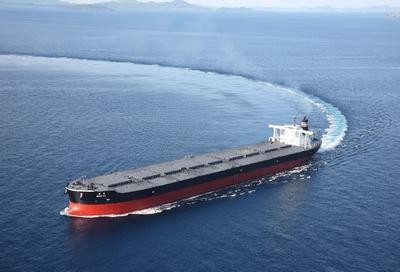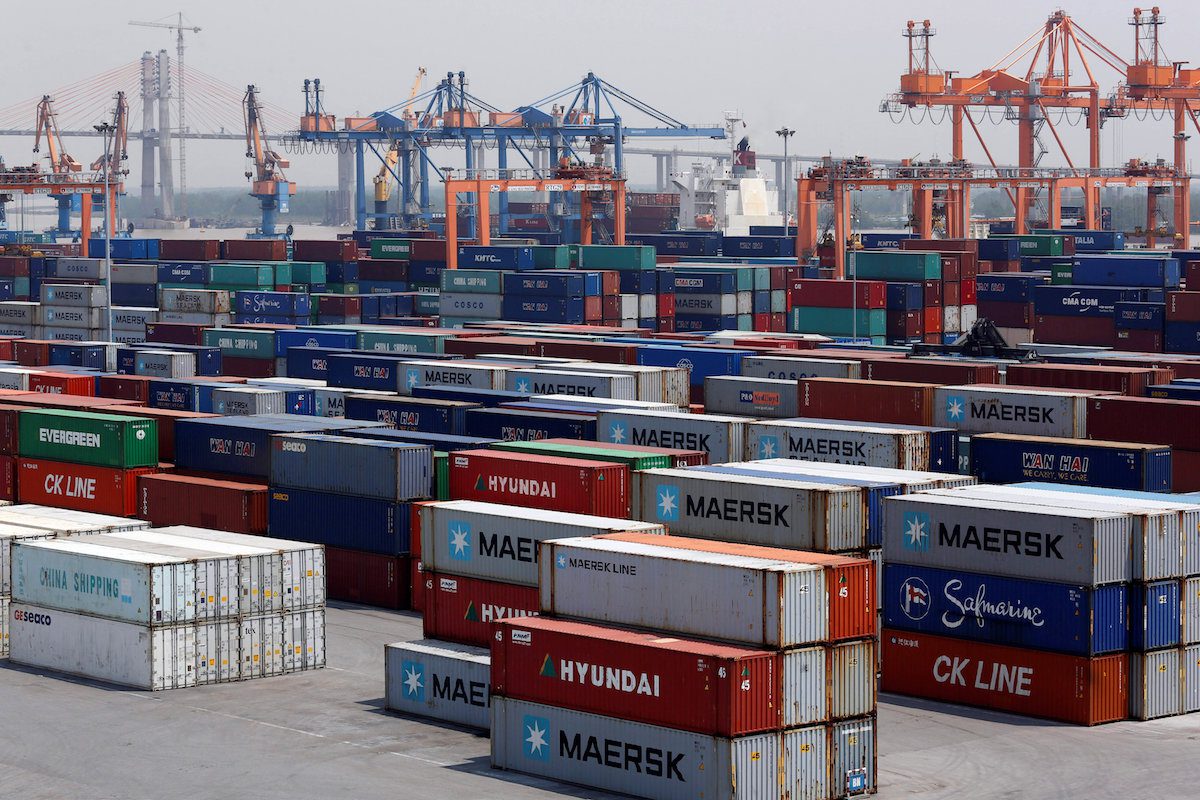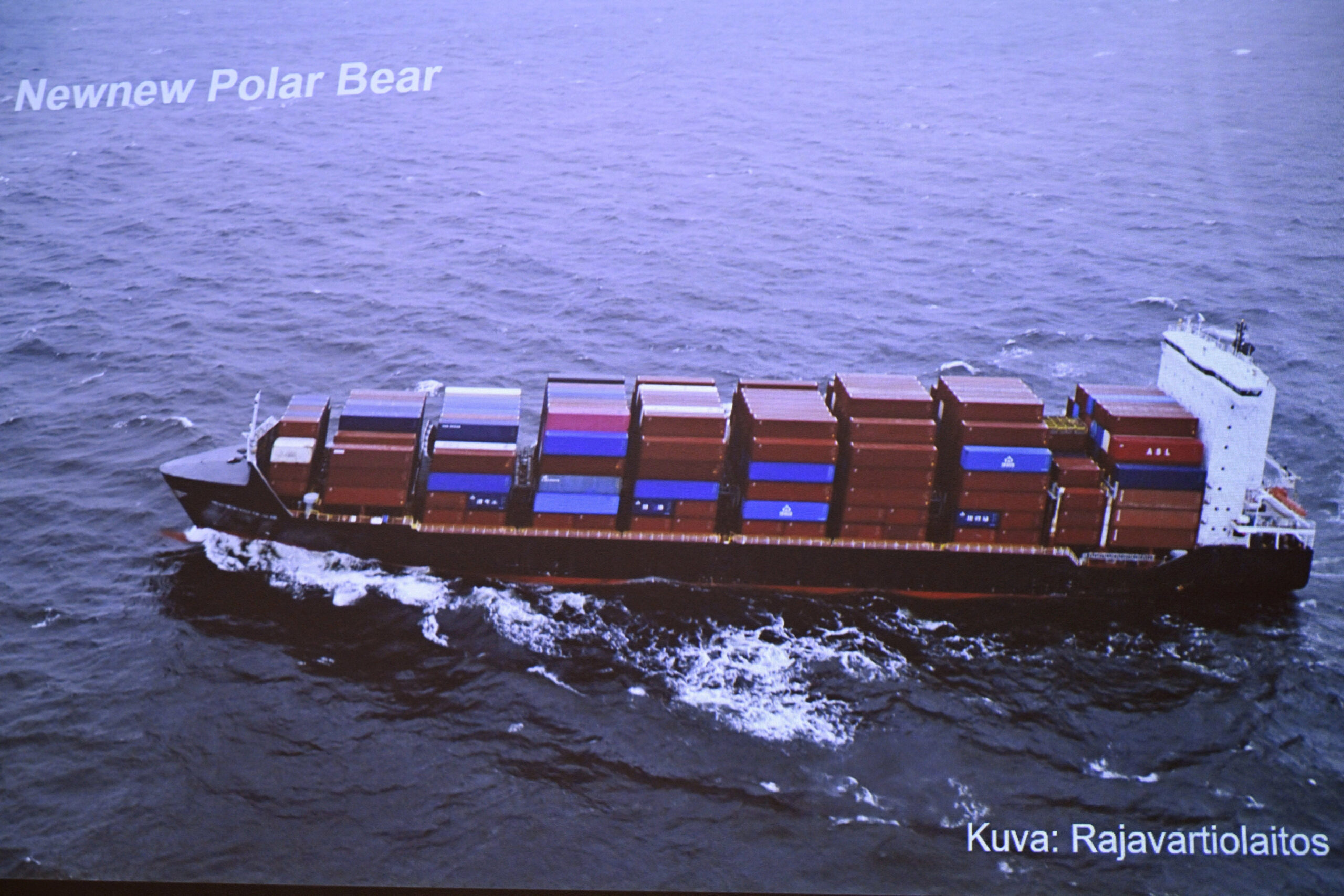(Bloomberg) — Shipping rates for hauling iron ore, which fell today after more than doubling this month, may extend declines as competition intensifies to load cargoes from Brazil, said Clarkson Plc, the world’s largest shipbroker.
Daily rates for Capesizes moving about 160,000 metric tons of the raw material used to make steel declined 2.9 percent to $17,848, according to data from the London-based Baltic Exchange, a publisher of costs on more than 50 maritime routes. Costs climbed yesterday to $18,388, the highest since January.
The gains may spur more owners with ships in the Atlantic Ocean to compete to take Brazilian ore to Asia, causing the rally to reverse over the next several days, Guy Campbell, managing director of dry cargo at Clarkson, said by phone. The “jury’s out” on what will happen after that, he said. Extra iron ore from Australia, West Africa and the South American country caused the rates to increase, he said.
“Generally, the extra iron-ore demand will continue to December, but in the short term, for the next week or so, we think rates will look toppy,” Campbell said. Owners who had previously preferred to keep ships in the Atlantic may seek charters for them now because rates sometimes decline in the first quarter, he said. The quickest round-trip between Brazil and China takes about 76 days, according to sea-distances.com, an online voyage-durations calculator.
Forward Rates Slump
Contracts that traders use to bet on, or hedge, the exchange’s daily price assessments declined. November forward freight agreements for Capesizes fell 11 percent to $17,875 a day, according to data from Clarkson’s securities unit.
Extra Australian cargoes caused more ships to sail to the country rather than the Atlantic, Campbell said. That meant fewer vessels were available to load Brazilian ore at a time when its cargo numbers were expanding, he said.
Capesizes are the largest ships tracked by the Baltic Dry Index, a broader measure of costs to haul minerals and grains by sea, which fell 1.9 percent to 1,088. Charter rates also declined for the three classes of smaller vessels in the gauge.
Iron ore at the Chinese port of Tianjin rose 1 percent today to $118.70 a dry ton, according to data from The Steel Index Ltd. Swaps to bet on, or hedge, the price of the raw material in November gained about 0.9 percent to $117.25 a ton as of about 2:57 p.m. in London, according to SSY Futures Ltd.
Daily costs for Panamaxes, which carry about half as much cargo as Capesizes, slid 2.1 percent to $6,589. Supramax vessels fell 0.5 percent to $7,443 and Handysizes, the smallest ships tracked by the bourse, declined 0.4 percent to $6,482.
-By Alaric Nightingale. Copyright 2012 Bloomberg.

 Join The Club
Join The Club











